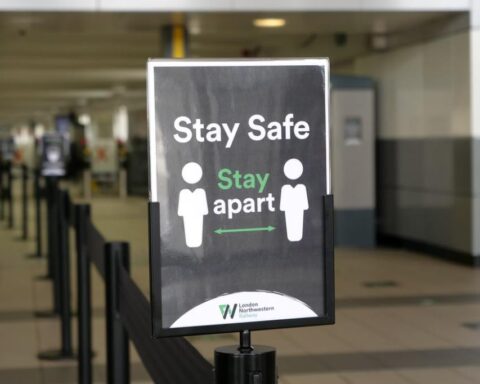This measure aims at compensating the airline for the damages suffered on 19 routes due to the coronavirus outbreak between 16 June and 31 October 2020.
Executive Vice-President Margrethe Vestager, in charge of competition policy, said: “The aviation industry continues to be one of the sectors hit particularly hard by the impact of the coronavirus outbreak. This measure enables Italy to provide further compensation for direct damages suffered by Alitalia between June and October 2020 due to the travel restrictions necessary to limit the spread of the coronavirus. We continue working closely with Member States to ensure that national support measures can be put in place in a coordinated and effective way, in line with EU rules. At the same time, our investigations into past support measures to Alitalia are ongoing and we are in contact with Italy on their plans and compliance with EU rules.”
Alitalia is a major network airline operating in Italy. With a fleet of over 95 planes, in 2019 the company served hundreds of destinations all over the world, carrying about 20 million passengers from its main hub in Rome and other Italian airports to various international destinations.
The restrictions in place both in Italy and in other destination countries in order to limit the spread of the coronavirus have heavily affected Alitalia’s operations, in particular regarding international and intercontinental flights. As a result, Alitalia incurred significant operating losses until at least 31 October 2020.
Italy notified to the Commission an additional aid measure to compensate Alitalia for further damages suffered on 19 specific routes from 16 June 2020 to 31 October 2020 due to the emergency measures necessary to limit the spread of the virus. The support will take the form of a €73.02 million direct grant, which corresponds to the estimated damage directly caused to the airline in that period according to a route-by-route analysis of the 19 eligible routes. This follows the Commission decision on 4 September 2020 to approve Italian damage compensation measure in favour of Alitalia compensating the airline for the damage suffered from 1 March 2020 to 15 June 2020 resulting from governmental restrictions and containment measures taken by Italy and other destination countries to limit the spread of the coronavirus.
The Commission assessed the measure under Article 107(2)(b) of the Treaty on the Functioning of the European Union (TFEU), which enables the Commission to approve State aid measures granted by Member States to compensate specific companies or sectors for damage directly caused by exceptional occurrences. The Commission considers that the coronavirus outbreak qualifies as such an exceptional occurrence, as it is an extraordinary, unforeseeable event having significant economic impact. As a result, exceptional interventions by the Member State to compensate for the damages linked to the outbreak are justified.
The Commission found that the Italian measure will compensate for damages suffered by Alitalia which are directly linked to the coronavirus outbreak, as the loss of profitability on the 19 routes as a result of the containment measures during the relevant period can be considered as damage directly linked to the exceptional occurrence. It also found that the measure is proportionate, as the route-by-route quantitative analysis submitted by Italy appropriately identifies the damage attributable to the containment measures, and therefore the compensation does not exceed what is necessary to make good the damage on those routes.
On this basis, the Commission concluded that the additional Italian damage compensation measure is in line with EU State aid rules.
Background
Based on complaints received, on 23 April 2018 the Commission opened a formal investigation procedure on €900 million loans granted to Alitalia by Italy in 2017. On 28 February 2020, the Commission opened a separate formal investigation procedure on an additional €400 million loan granted by Italy in October 2019. Both investigations are ongoing.
Financial support from EU or national funds granted to health services or other public services to tackle the coronavirus situation falls outside the scope of State aid control. The same applies to any public financial support given directly to citizens. Similarly, public support measures that are available to all companies such as for example wage subsidies and suspension of payments of corporate and value added taxes or social contributions do not fall under State aid control and do not require the Commission’s approval under EU State aid rules. In all these cases, Member States can act immediately.
When State aid rules are applicable, Member States can design ample aid measures to support specific companies or sectors suffering from the consequences of the coronavirus outbreak in line with the existing EU State aid framework. On 13 March 2020, the Commission adopted a Communication on a Coordinated economic response to the COVID-19 outbreak setting out these possibilities.






